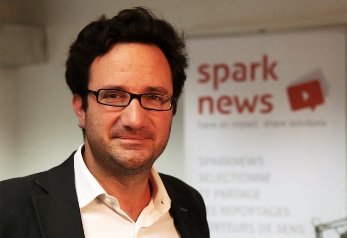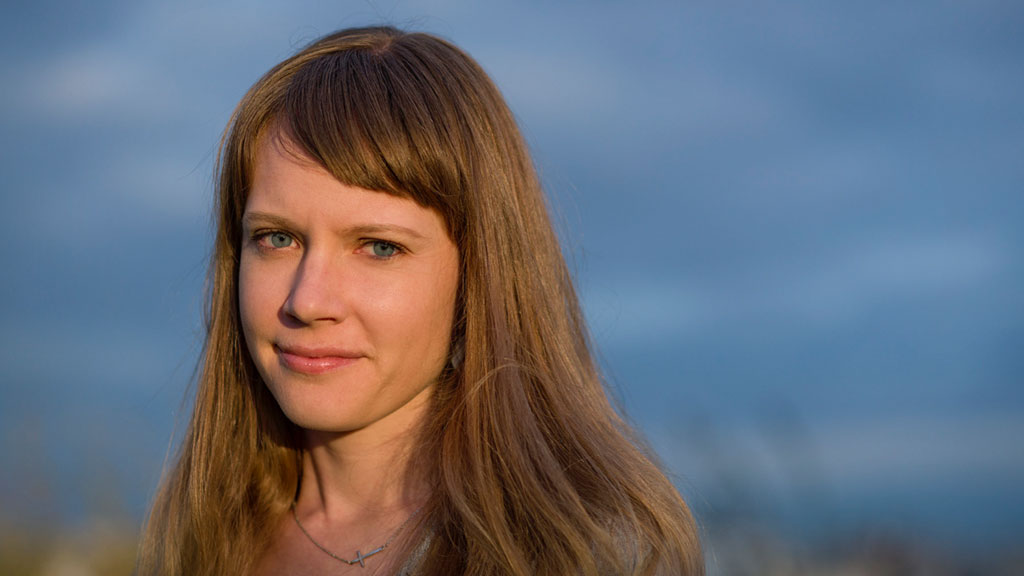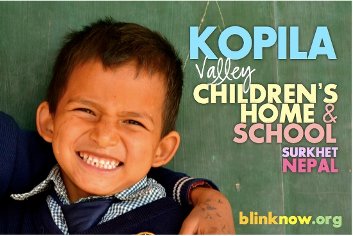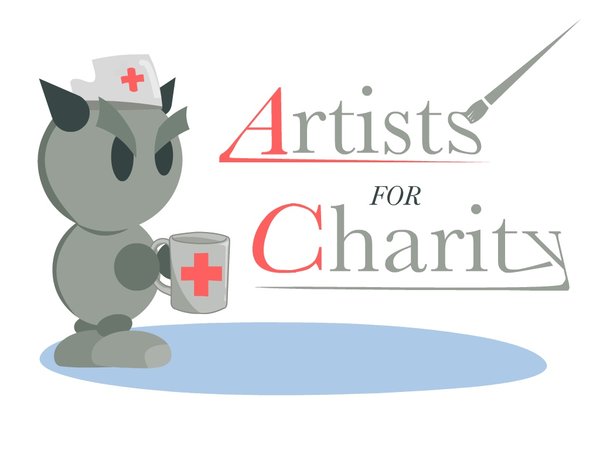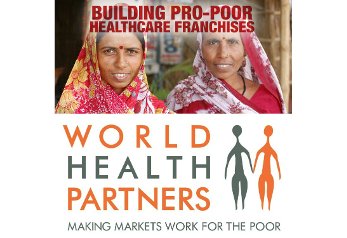Argentina’s economic crisis has reduced the number of people able to afford medical coverage. Many have lost their right to public healthcare while others, particularly indigenous communities, never had any. Healthcare options currently available include either the public health system, which can be inefficient and offer sub-par service, or the private health system, which can be prohibitively expensive. Traditionally, there exists a gap between the medical profession and the public, making it difficult for doctors to understand or treat the primary needs of a community. Jorge Gronda retired from public administration because of the failures he perceived in the public health system. He set up Centro Ginecologico Integral CEGIN aiming to bridge the gap of costs. CEGIN is a completely self-financed and profitable company, which offers affordable health services to mothers, their children, and other women in poor rural areas. Thanks to its innovative approach to meeting market demands, the company is able to offer health services that are better in quality than public services for significantly less than private medical coverage. By providing excellent and convenient services with extended operating hours and the best available equipment, the Center attracts a large volume of patients. This in turn allows the quality of the service to be maintained at a much lower cost for each patient.
CEGIN sells membership cards to the public for a small cost, registering them as CEGIN clients. With the card, a patient has access to consultations at any CEGIN center for a reduced fee. Any treatment subsequently prescribed is either provided at less than half of the normal market price or, for some illnesses, the patient may be referred to a public hospital. Patients from rural areas who are referred for treatment are either transported to the cities or treated by CEGIN specialists during their regular field visits. Doctors of the Center are atypical and are hired on the basis of their personal integrity and moral values. They are often local and recently graduated, with experience in treating patients from rural areas and a desire to break down traditional hierarchies in the medical profession. These doctors are obliged to join a 3-4 day medical tour to remote rural areas at least once a year. Currently, the center manages 130 patients a day, performs 1,000 tests for cervical and ovarian cancer and treats 500 patients per year. The profits finance the extension of health services to the poor and those in remote areas, who are sometimes reachable only by foot.
Spanish with french subtitles


